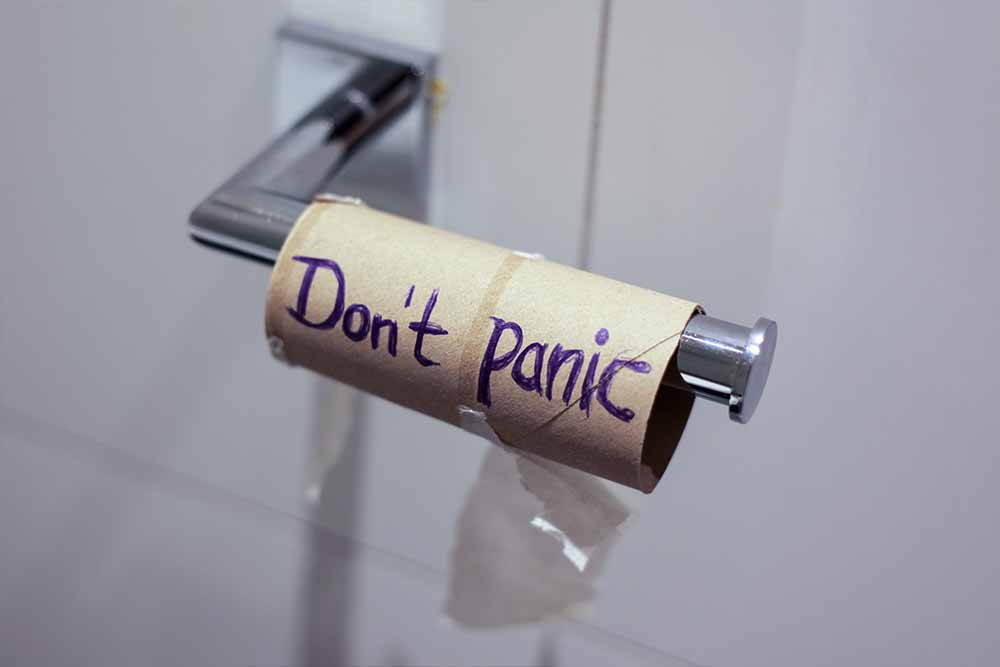Definition
Chlamydia is a sexually transmitted bacterial infection caused by the bacterium chlamydia trachomatis. It is one of the most commonly transmitted sexual infections.
Symptoms
Signs & Symptoms of Chlamydia
- A burning sensation when you pee
- Abnormal discharge (vagina or penis)
- Aches and pain in the abdomen
- Painful sex for women
- Irregular bleeding during periods
- Unusually sore and swollen testicles
Treatment
How Is Chlamydia Treated?
Chlamydia is easily treated with antibiotics and is likely to clear up and heal relatively quickly if caught soon enough. Companies like LetsGetChecked sometimes offer treatment plans with positive results.

LetsGetChecked
Standard 5 STD test
Chlamydia & Gonorrhea
HIV, Syphilis and Trichomoniasis
Free Shipping, Discreet packaging
Finger prick & Urine sample
$149.00
Test for 5 of the most common STDs with the popular Standard 5 LetsGetChacked at-home STD test. Using the same labs as physicians & hospitals, LetsGetChecked brings sexual health testing to your door at an affordable price, with treatment available for positive cases of Chlamydia and Trichomoniasis
Read our LetsGetChecked for information and opinions on tests and services.
Infection
How Do You Get Chlamydia?
Chlamydia is spread through sexual contact during vaginal, anal and oral sex, where the bacteria is transmitted from the mucus of the infected person to another sexual partner. This does not mean ejaculation, a person can transmit and contract chlamydia without ejaculation.
A pregnant mother can also pass chlamydia on to her child during childbirth
Risks
Is Chlamydia Serious?
It's prevalent in men and women and is one of the most common sexually transmitted diseases in the world according to the CDC.
Whilst symptoms can be mild at first, if chlamydia is left untreated it can cause further infections that are more serious.
In men, untreated chlamydia can cause infections in the prostate and the urethra. Whilst in women it is expected to cause greater risk if left untreated with cases leading to infections of the cervix, uterus, and fallopian tubes, which can lead to pelvic inflammatory disease (PID)
Diagnosis & Detection
How is Chlamydia Detected?
Diagnosing chlamydia needs to be carried out through a sexual health test either in person through a sexual healthcare practitioner, a walk-in lab testing center, or an at-home STD testing company.
Screening for Chlamydia requires a sample to be collected and tested in a lab. A chlamydia test requires a urine or genital swab sample where the bacteria can be detected. Each testing company has different methods. Both urine and swab sampling are effective methods of screening
Other Types
Are There Other Types of Chlamydia?
Throat chlamydia also known as pharyngeal chlamydia, is a type of infection that is usually transmitted through oral sex. Symptoms are less severe and often silent, but cases have been reported where it causes sore throats and difficulties swallowing.
Prevention
How Do You Prevent Chlamydia?
You prevent Chlamydia like with any other STD, by being responsible and wearing protection during sex in the form of a condom. But also by being honest with your sexual partners about your sexual history and maintaining a regular testing program if you are sexually active.

myLAB Box – Chlamydia & Gonorrhea Test
Screen for Chlamydia and Gonorrhea from the comfort of your home. Chlamydia is the 2nd and Gonorrhea is the 4th most common new sexually transmitted infection. Both are curable when detected early, which is why screening for these STDs is so important
$79.00

myLAB Box – 3-Site Chlamydia & Gonorrhea Test
Screen for Chlamydia and Gonorrhea from the comfort of your home. If you have engaged in oral or anal sex, myLab Box recommends you use the 3-Site test kit to ensure you are in the clear.








